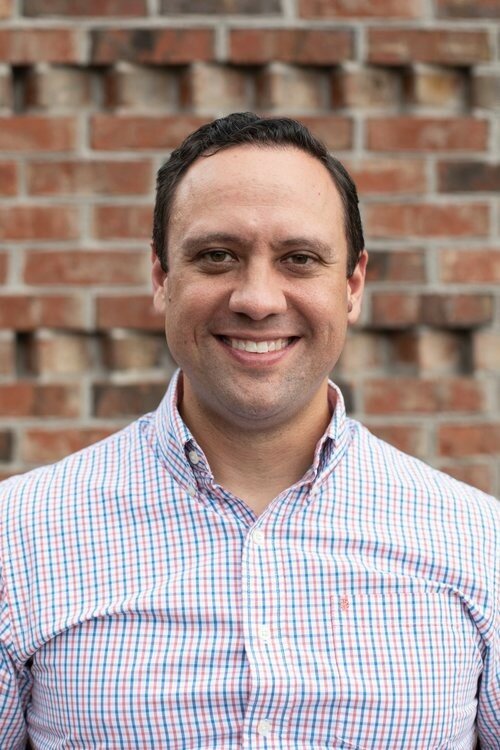Dooley Noted: Should we always forgive?
Forgiveness ranks near the top of the things we are most grateful to receive and near the bottom of things that we are most willing to give. Idioms like bury the hatchet and let them off the hook remind us that showing compassion is tough primarily because it seems equal to diminishing the pain others cause us. Yet, for Christians, unforgiveness is not just unbiblical, but also irrational due to the sheer magnitude of God’s grace in our lives.
When Peter asked Jesus how many times we should forgive those who sin against us, he expounded his question with what he thought was a gracious suggestion. “Lord, how often shall my brother sin against me and I forgive him? Up to seven times? (Mat. 18:21)” Though the number seems arbitrary to us, Jewish rabbis taught that believers were only required to forgive the same offense three times. By suggesting amnesty as many as seven times, Peter was more than doubling what common sense seemed to require.
Wishing to deepen our understanding of God’s mercy toward us, Jesus intentionally exaggerated, “I do not say to you, up to seven times, but up to seventy times seven (Matt. 18:22).” His point was not that after 490 acts of leniency our benevolence should run out. To the contrary, our Savior’s expectation is that we forgive again and again because this is exactly how God treats us. We might be quick to retort, why would anyone repeat the same offense over and over? What kind of fool would be so ridiculous? Indeed. And yet, our continued rebellion against God follows the same predictable and absurd pattern. In order to forgive others as God has forgiven us, there can be no limit to the grace we are willing to show.
Those who receive grace ought to be the most eager to grant it. Numerous questions emerge, though, as we try to be faithful to Jesus’ directive in the real world. Are we obligated to forgive a person who does not want our forgiveness? Or someone who does not repent of their wrongdoing? Understanding the difference between giving and receiving forgiveness is crucial here. Remember, God offers grace to multitudes that refuse to welcome it. We, too, should be willing to give what others are unwilling to receive (Matt. 6:14-15).
Aside from the theological consistency of doing so, letting go of our grievances toward others is good for us. Apart from forgiveness, you will continually think about the offense that caused you harm, keeping you emotionally bound to the person who hurt you. Waiting for an apology that never comes is like repeatedly tearing the scab off a wound. Why should we be willing to give those who scar us such control over our lives? When a root of bitterness takes hold of your heart, you have allowed your enemy to prevent your continued growth in the Lord (Heb. 12:14-15).
But shouldn’t there be consequences for sin? Simply put, yes. The fear of diminishing what happened to us creates reasonable longings for justice and even vindication (Amos 5:24). We must realize, however, that granting a person forgiveness is not the same as setting them free from outcomes of their actions. Employees who steal ought to lose their jobs. Students who cheat ought to fail. Those who break the law ought to go to jail. In fact, consequences are one of God’s counterintuitive blessings because they teach us to obey Him the next time around. Still, our assignment is not to enforce the repercussions of another, but to trust the Lord to do so instead (Rom. 12:19-21).
But what if I cannot forget what happened to me? I don’t know of any cliché that has done more damage to our understanding of forgiveness like the notion of forgive and forget. In reality, putting painful experience out of our minds is impossible. Furthermore, biblical forgiveness does not require us to be gullible or naïve. Refusing to dwell on the offenses of others does not mean that we should repeatedly put ourselves in harm’s way. But even when consequences must remain, we can choose not to be bound by the past transgressions of others and even pray God’s best over their lives.
Dr Adam B. Dooley is pastor of Englewood Baptist Church in Jackson, TN, and author of Hope When Life Unravels. Contact him at adooley@ebcjackson.org. Follow him on Twitter @AdamBDooley.






